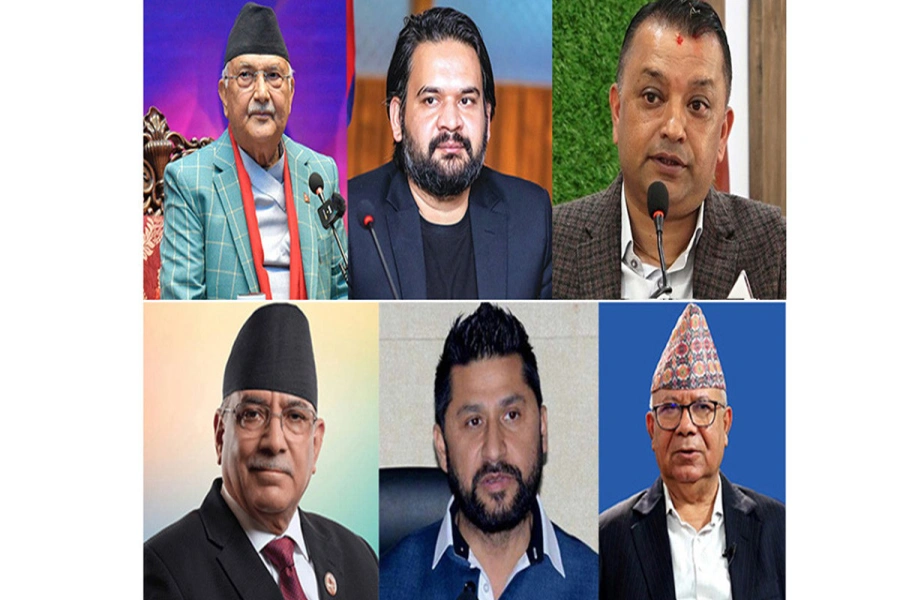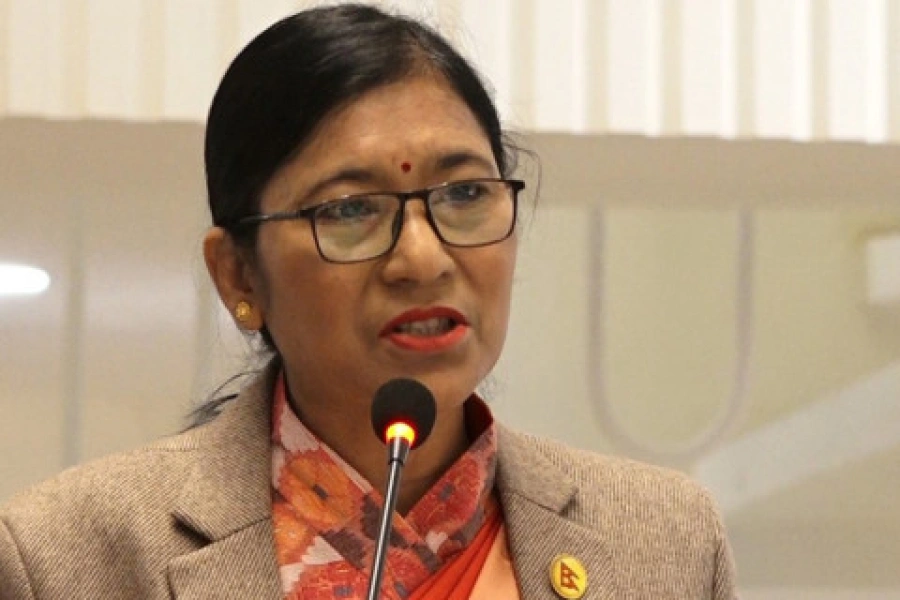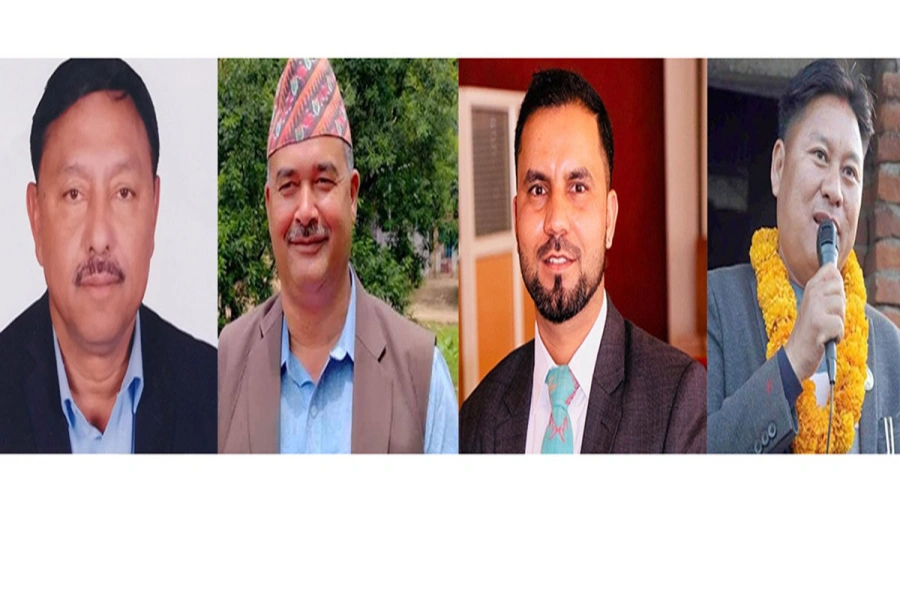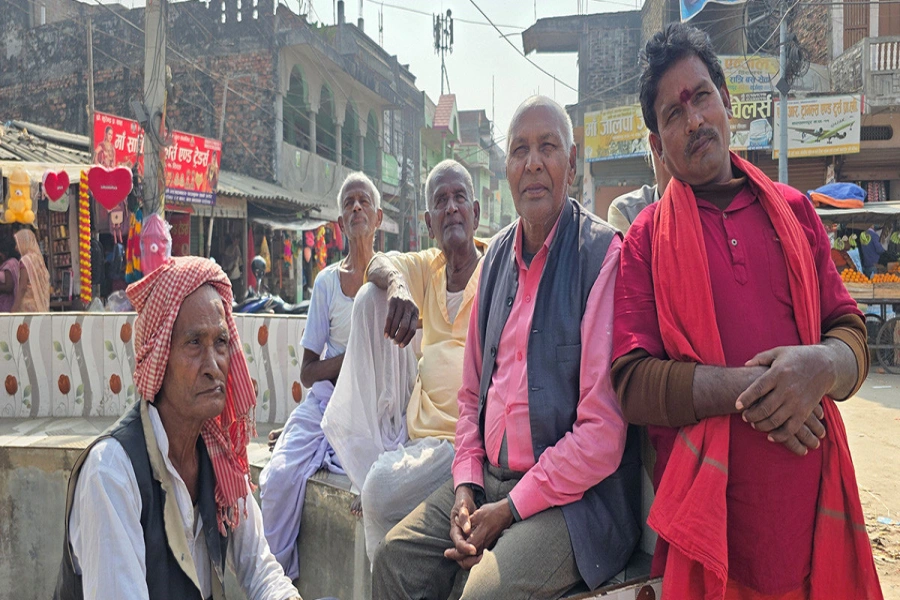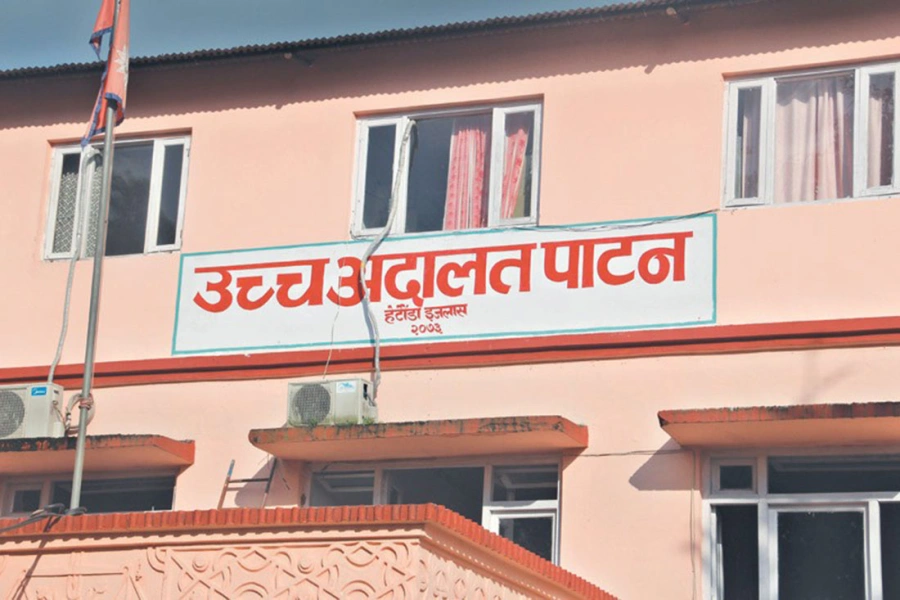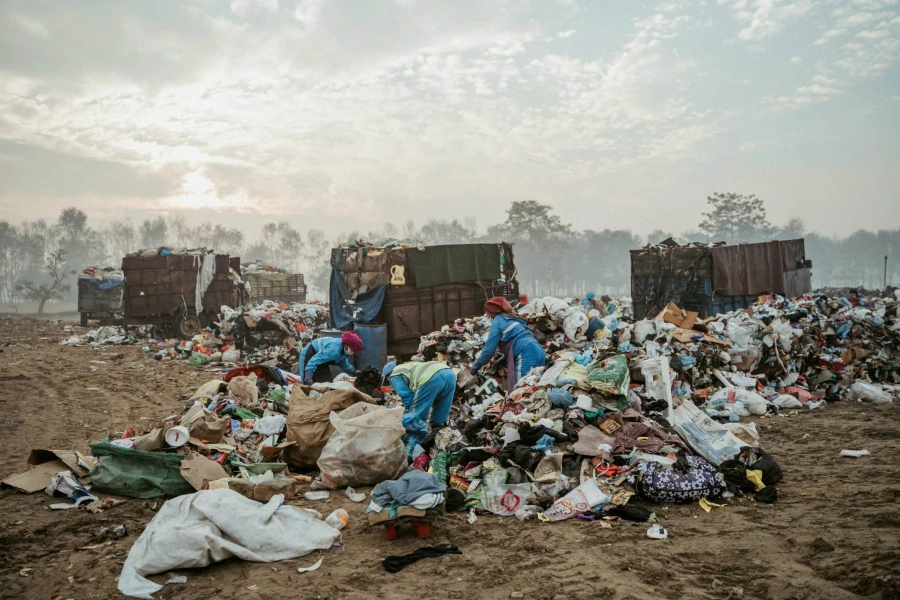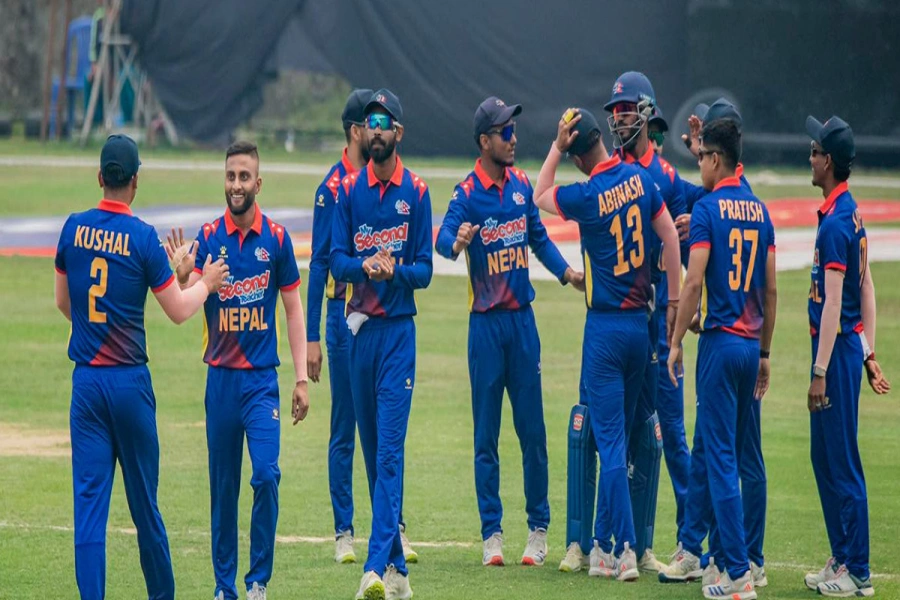Instead of providing short term aids to returnee migrants, should not Nepal create opportunities for them here in the country so that they do not have to rely on low paying jobs in foreign lands?
The days were already hard for the migrant workers who were departing to foreign lands in pursuit of earning a living for their family back home. Covid-19 added more troubles to the migrant workers who were already vulnerable even at the normal times.Nepali migrant workers are among the hardest hit population section by the Covid-19 pandemic. Huge numbers of Nepali workers are in Gulf Cooperation Countries (GCC) and Malaysia. While the country has no exact data on the number of Nepalis currently working in labor destination countries, for many years, officials and related stakeholders have been saying that more than 4.5 million Nepali people are working as migrant workers.
Amidst the pandemic, a large number of Nepali migrants in destination countries were left stranded without access to health care, food, accommodation, social protection and return to home facilities. Majority of them were left without job and those with jobs were compelled to work under risk of being infected. Tens of millions of migrant workers, forced to return home empty handed in the wake of Covid-19 pandemic after turning jobless in countries of destinations, face unemployment and poverty in their home countries. Many companies in destination countries—where thousands of Nepalis were employed—were shut down. Most workers faced difficulties in returning after the end of service/ expiry of visa and residential permit in the year 2020 as international flights were suspended after the pandemic outbreak. This made migrant workers more vulnerable.
A number of humanitarian organizations designed various short term supports to assist returnee migrants struggling to acquire basic needs. But is short term assistance the ultimate way out? Surely it is not.
Cases of cash assistance
Malaysian govt decides to impose ban on migrant workers from Ju...

Ramhari Chaudhary (name changed) who returned to Nepal after losing his job in Malaysia received a call. He was enquired about his present status. He replied that he is again planning to go to Qatar. “I have no skills and I am not educated either. Now I will go to Qatar as my family is in huge debt", shared Ramhari.
While he knows about the emergency cash assistance of Rs10,000, he was not able to get it because he had no bank account to receive the money. He asked about the procedure to open a bank account. He walked five hours to reach the bank and get his job done.
Man Rai (name changed) who returned from Saudi Arabia after losing his job was contacted and queried about his present status. Unlike Ramhari, Man wanted to do something in his own country. But he had no money. “I would start goat farming but poor me, I have no money and there is no one from whom I can borrow”, lamented Man. When informed about the emergency cash assistance of Rs 10,000, he was desperate to get it so that he could buy five goats with that money.
Arun Ray Yadav (name changed) returned from Malaysia after he had head injury. His company took him for necessary treatment but later the treatment cost was deducted from his salary. Arun comes from a poor family background, with all the family members dependent on his earning in Malaysia. After the outbreak of Covid-19, the company was shut down all of a sudden because of which Arun had to return to Nepal. When he sought emergency cash assistance, he was asked to produce medical bills and treatment reports. “When I went to a nearby hospital, they said to do a video x-ray but I had no money,” he said. Later, he managed to bring a recommendation letter from ward office to receive the cash assistance.
Short term aids
A number of organizations, especially NGOs, provide short term aids to underprivileged people. Such aids help, but not for a long time. Besides, the beneficiaries seek such support for the future too. Maimonides, the Spanish philosopher, has rightly said: “Give a man a fish and you feed him for a day; teach a man to fish and you feed him for a lifetime.”
Most of the migrant workers in destination countries face contract related issues. Often migrants are not paid wages and they are left without work. At times their residential permit expires but employer takes no step to solve their problem. Despite working for long hours, employers are left without payment. As a result they cannot buy groceries and other basic items. Instead of providing returnees with short term aid, wouldn't it be great if organizations working in the field of migrant workers come together and urge government to create opportunities here itself in the country of origin so that they do not have to rely on low paying jobs in foreign lands?
What can be done?
The government of Nepal should prioritize reintegration of migrants as a nationwide issue by bringing and effectively implementing the plans and policies. According to World Bank’s Migration and Development Brief (2019), five South Asian countries are in the top 20 list of biggest beneficiaries of remittances, with Nepal standing in fourth position in the region. Remittance accounts for 25 percent of Nepal’s GDP.
Local and provincial governments enjoy a lot of political, fiscal, as well as administrative powers. Federal government and provincial governments should provide assistance to the local governments for creating employment opportunities.The families of returnee migrants or returnees themselves should be provided with financial support for agro-based/livestock farming business or setting up small grocery shops, tea shops, tailoring shops etc.
Also returnee migrants should be provided with soft loans since they have no other source of income. Government and aid workers also should focus on eradicating the root causes that leave migrant workers vulnerable. Donors, governments and aid workers should develop a clear understanding regarding who should work where, when and how.



